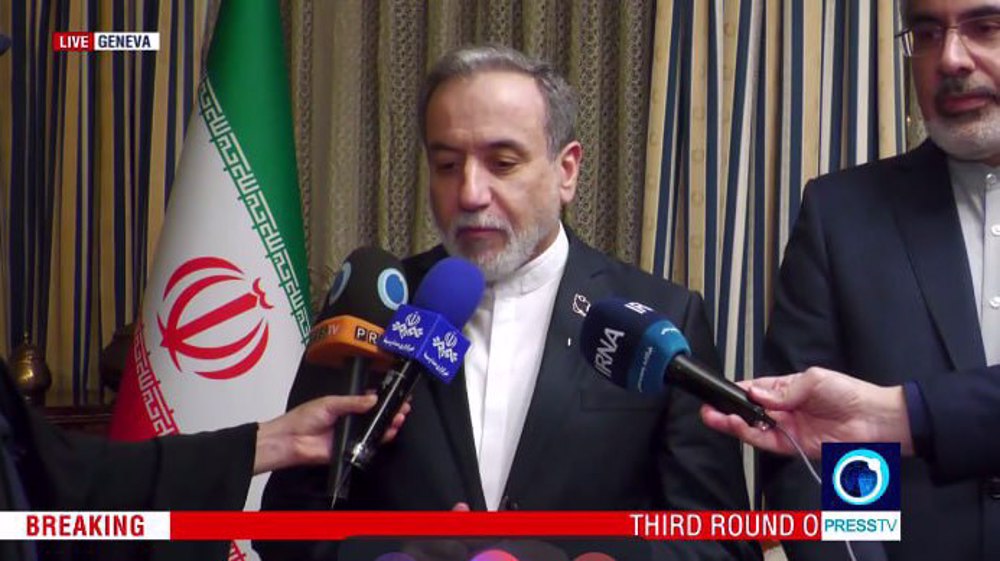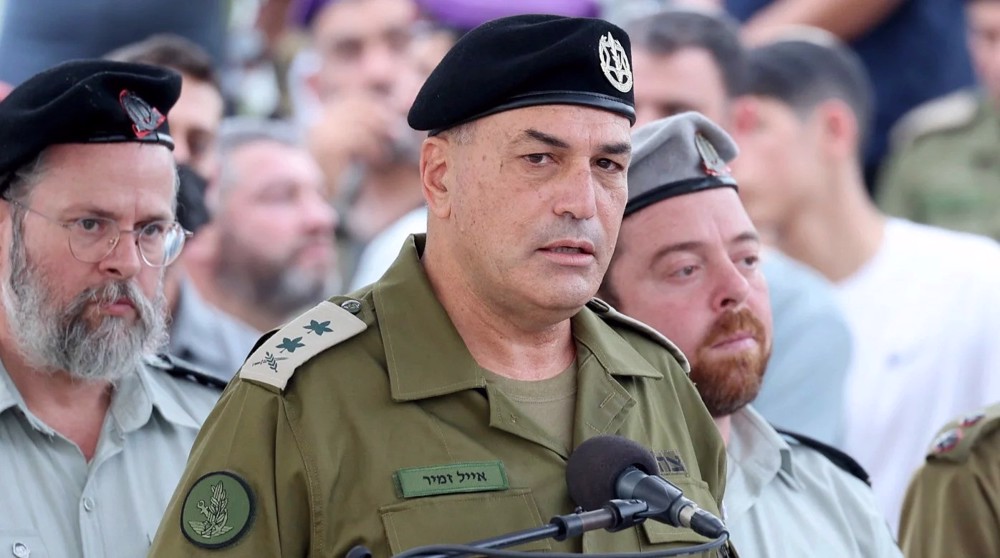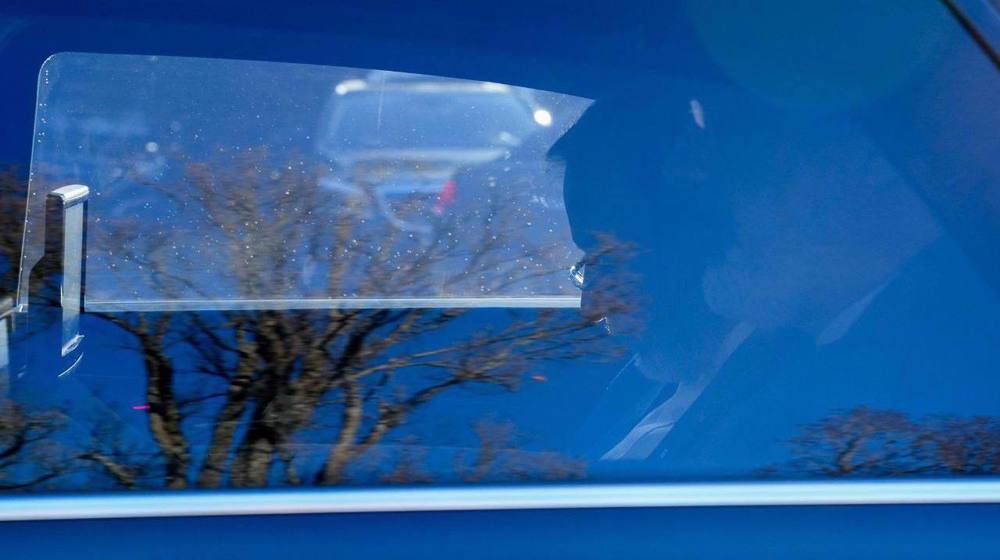Zarif, Lavrov discuss implementation of Iran nuclear deal in Moscow
Iranian Foreign Minister Mohammad Javad Zarif has lauded Russia’s role in the conclusion and implementation of the Iran nuclear deal, known as the Joint Comprehensive Plan of Action.
Zarif made the remarks during a meeting with his Russian counterpart Sergei Lavrov in Moscow on Wednesday.
He said that Iran, Russia and other parties to the JCPOA needed to closely coordinate efforts to make sure that the implementation of the deal was seriously pursued.
The top Iranian diplomat said the International Atomic Energy Agency (IAEA) had verified Iran’s commitment to the deal on numerous occasions, but a certain party to the JCPOA had failed to fulfill its commitments under the deal, an apparent reference to the US.
“Unfortunately, one of the parties to the JCPOA has not only failed to fully live up to its commitments, but it has also pursued destructive policies in this regard,” Zarif said.
Iran and the five permanent members of the United Nations Security Council – the United States, France, Britain, Russia and China – plus Germany signed the JCPOA on July 14, 2015 and started implementing it on January 16, 2016.
Under the JCPOA, Iran undertook to put limits on its nuclear program in exchange for the removal of nuclear-related sanctions imposed against Tehran.
US President Donald Trump delivered an anti-Iran speech in October 2017, saying he would not continue to certify Iran’s compliance with the terms of the JCPOA -- a central foreign policy achievement of his predecessor, Barack Obama -- and warned that he might ultimately terminate the agreement.
The next deadline for Trump to waive nuclear-related sanctions falls on Friday.
Since the JCPOA implementation, the IAEA has been verifying and monitoring Iran’s compliance with its nuclear-related commitments under the accord and has consistently verified the Islamic Republic’s compliance.
Elsewhere in his remarks, the Iranian foreign minister referred to Moscow-Tehran relations and said mutual cooperation on regional issues served the interests of the two nations as well as international peace and security.
Iran-Russia cooperation has played an instrumental role in the fight against terrorism and extremism in the region, Zarif said.

For his part, Lavrov underlined the significance of the JCPOA and highlighted the IAEA’s verification of Iran’s commitment to the deal.
“We will continue to defend the viability of this program and its major importance in securing regional stability and solving the issues of non-proliferation of weapons of mass destruction,” he said.
Astana talks on Syria
On the Syrian crisis, Zarif said Iran would continue to work with Russia and Turkey to ensure that the Astana process would yield fruitful results and the Sochi talks would find a political solution to the turmoil.
“We believe that the upcoming meeting in Sochi is the most important opportunity to help the United Nations (talks) in Geneva to reach stable peace in Syria,” he said.
On the Syrian crisis, the Russian foreign minister said the “Congress of Syrian National Dialogue in Sochi will indeed help to create conditions for successful Geneva talks in case the fraction of radical opposition that is constantly coming up with pre-conditions will be disciplined by those who control it."
The Astana peace process has been underway since last January with the mediation of Iran and Russia, the Syrian government’s allies, and Turkey, which supports the opposition.
The talks in Astana have been going on in tandem with another series of UN-brokered talks in Geneva.
Meanwhile, Russia is promoting an initiative for holding a congress with the participation of Syria’s conflicting sides in the Black Sea resort of Sochi.
The all-Syrian congress would involve drawing up a framework for Syria’s future structure, adopting a new constitution and holding elections under UN supervision.
VIDEO | Iran, US move ‘closer to agreement’ after ‘serious, longest’ round of talks: FM
Israeli army chief privately warns of cost of new war with Iran: Report
IRGC official: US buildup, psychological tactics aim to 'swallow Iran again'
Iran’s three-man team captures triple gold at UWW ranking series in Tirana
Iranian academic sentenced to 4 years in prison in France for supporting Palestine
VIDEO | Press TV's news headlines
Russia: West seeks to repeat past ‘plunder’ of Iran’s oil
Herzog visits Ethiopia to expand Israeli footprint in Africa









 This makes it easy to access the Press TV website
This makes it easy to access the Press TV website